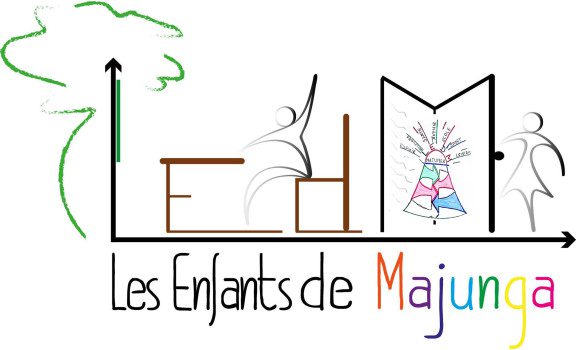It can handle ab muscles hard, if not intractable, problem of harmonising the fresh domicile away from reliance of children with the concept of gender equivalence eleven
becoming completely open. Regarding the lack of legislative or official recommendations, the brand new commentators are often of the have a look at the child’s domicile transform thereupon of their adoptive parents, however, one to their domicile from resource would be the fact off brand new absolute mother.
There are no authorities on the question of the domicile of a child after the death of its parents or, in the case of an illegitimate child, the death of its mother. Dicey and Morris 8 refer to two possible solutions. The first is that a distinction might be drawn between “natural guardians” (i.e. grandparents), who have the power to change the child’s domicile, and others, who do not. The second is that a guardian has power to change the child’s domicile to a country in which he is recognised as guardian, but not otherwise. Dicey and you will Morris, however, admit that “these are speculative possibilities” and they say that the safest view appears to be that the domicile of a child without living parents cannot be changed 9 .
There aren’t any government on domicile away from a posthumous genuine guy, but it’s essentially believed that the brand new domicile of kid’s mother during delivery will handle. It is reasonably generally believed that a great foundling kid’s domicile away from source ‘s the country in which he or she is located.
Proposals
The absolute most popular laws pertaining to the newest domicile of kids seems to be one which cities the child’s judge position:
on the a footing that does not discriminate between the dad and the mother, but, perhaps, in the example of a keen illegitimate boy.
One possible change would be for the law to provide that a child should be capable of acquiring a domicile independent of that of its parents. This proposal has been made by Mr William Duncan, of Trinity College, in an article on the subject published in The fresh Irish Jurist 10 in 1969. Some of the advantages of the proposal ple, mean that the inappropriate attributions of domicile that can occur in some cases under existing law would no longer occur. It would remove the possible teenchat .com injustice to mature teenagers who ilies. To give all children independent domiciles would, however, involve some difficulties, the most important of which is uncertainty. The advantage of the existing law is that it
This problem could be solved to some extent by legislation providing general rules for the courts or rebuttable presumptions, such as the presumption that, where the child is living with parents who share the one domicile, his domicile is the same as theirs. Nevertheless, as will be shown, it is very difficult to solve all problems in this fashion and it is precisely the difficult cases that are the ones that defy satisfactory rules (or presumptions). On this account, the Commission does not at present wish to propose that children should be capable of acquiring an independent domicile. It would prefer to hear the views of interested members of the public on this proposal before taking a final decision on the matter. Appropriately, the newest Fee formally desires new submitting to it because of the interested people otherwise groups of the viewpoints into proposal you to definitely people out-of all ages will be in the future has an effective domicile independent of these of their parents.
Possible compromises might be considered. The age at which a child may acquire an independent domicile could be set at twelve or fourteen years, for example, or the High Court could be given power to change the domicile of a child where that would be in the best interests of the child; or legislation could provide that a child would acquire an independent domicile where he ceased to live with his parents. Some of these possibilities will be considered in more detail infra.
